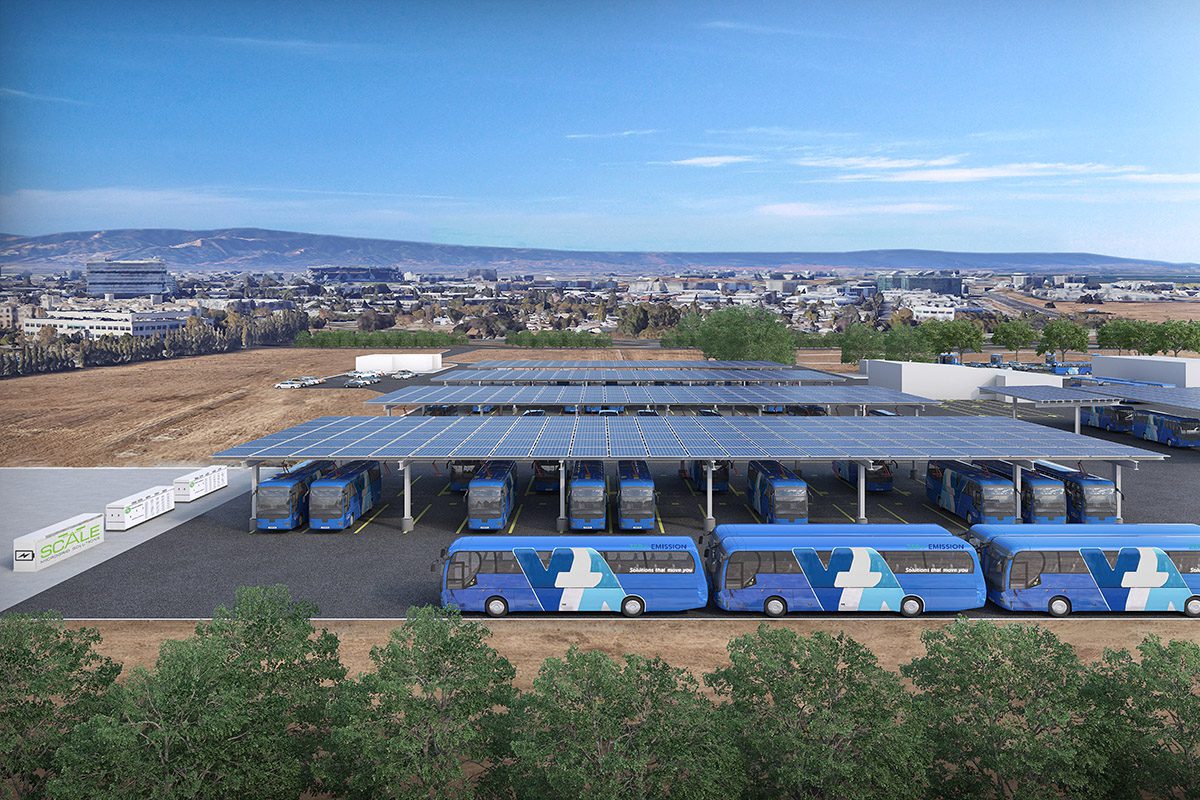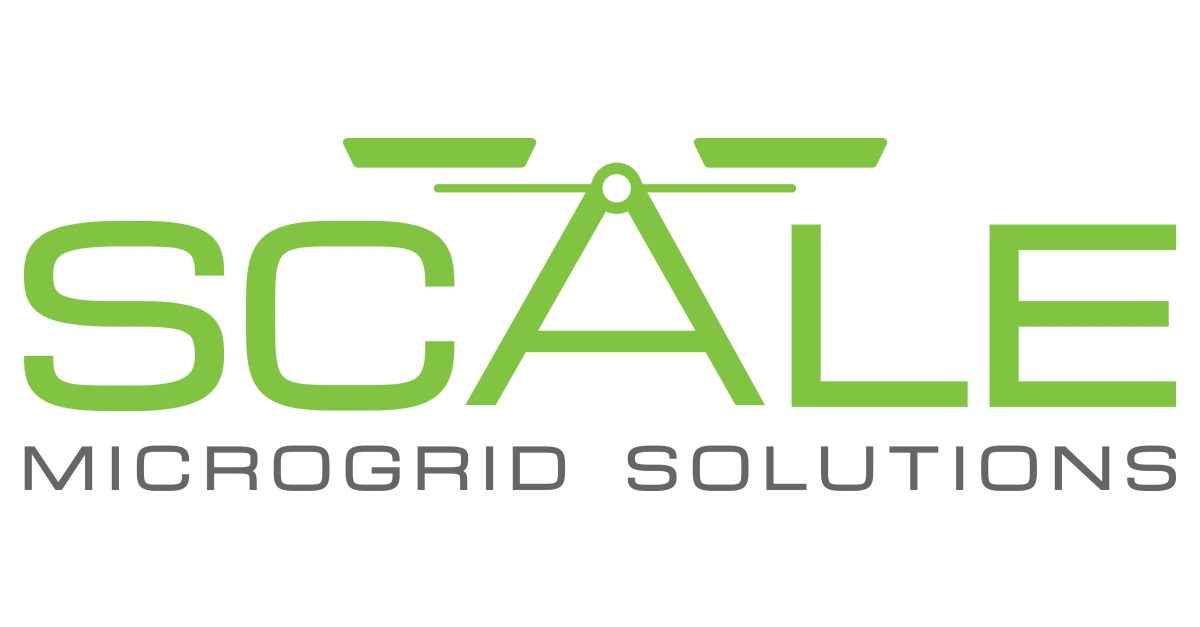With states setting aggressive vehicle electrification goals, it’s important to understand first what effect this has on our existing, aging electric grid.
Currently, the electric grid is a highly centralized archaic system utilizing large power plants and transmission lines to move power across long distances to a local distribution grid serving customers. The distribution grid has already started to reach capacity limits in areas across the country, and as EVs gain momentum, the available capacity could suffer and lead to necessary utility infrastructure upgrades.
Current demand for EV deployments has started to reveal the utility’s inability to open new capacity on the distribution system in a timely fashion. It’s not simply just an issue of producing more power on the grid — the system might not be ready to distribute the new capacity to its customers and utility might have difficulty performing all the upgrades in a timely fashion.
This is where microgrids, consisting of distributed energy resources (DERs) can help. DERs are small-scale power generation or energy storage sources located closer to where electricity is consumed. In a fleet setting, DERs can reduce demand during peak periods and introduce flexibility for the fleet to charge vehicles based on their existing operations and the cost of electricity.
To prepare for the 2040 100% zero-emission bus fleet mandate in California, the Santa Clara Valley Transportation Authority in San Jose — home to Silicon Valley — is working with Scale Microgrid Solutions and Proterra Energy to install a solar-powered microgrid to support their transition to zero-emission vehicles.
The microgrid will produce cleaner, cheaper, and more reliable energy for VTA. The on-site solar and battery system will produce and store energy for charging during peak utility price periods. VTA will see significant cost savings while contributing to cleaner air in their area.
In addition to the cost and pollution savings, VTA’s emergency fleet operations will be supported with clean backup power in the event of a power outage.
Microgrids and electric fleets are the perfect match for the future of transportation. Learn more at www.scalemicrogridsolutions.com/industries/ev.



